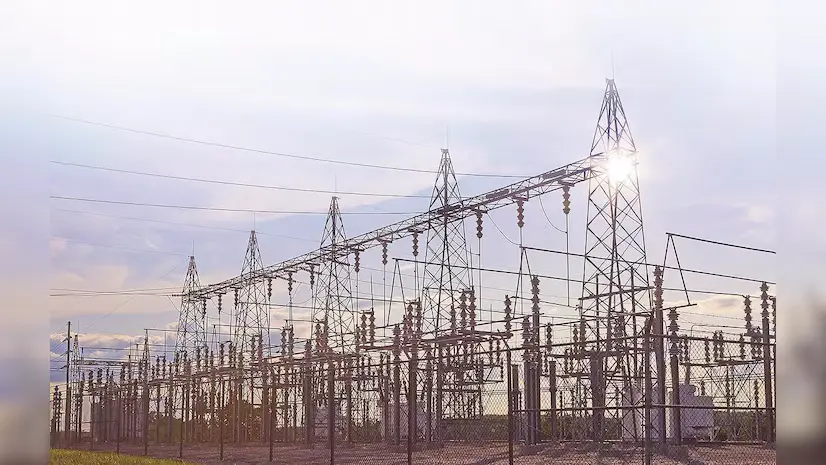US President Donald Trump has expressed his anger over Russian President Vladimir Putin’s latest ceasefire proposal for Ukraine, calling it “unacceptable” and threatening severe economic sanctions against Moscow.
In a television interview with NBC News on Sunday, Trump declared that he is “very angry” and “pissed off” with Putin, marking a dramatic shift from his previously amicable stance toward the Russian leader.
The dispute erupted after Putin suggested that Ukraine should remove President Volodymyr Zelensky and form a transitional government as part of a peace settlement. The proposal was met with immediate resistance from Kyiv and its Western allies, and Trump did not hold back in his response.
“If we’re in the midst of a negotiation, you could say that I was very angry, pissed off, when Putin said yesterday that, you know, when Putin started getting into Zelenskyy’s credibility, because that’s not going in the right location, you understand?” Trump said in the interview.
Tariff Threats
Trump, who has long used tariffs as a tool of economic pressure, has now set his sights on Russian oil. The US President warned that if Moscow does not reach a ceasefire agreement, Washington will impose severe secondary tariffs on all Russian oil exports.
“If Russia and I are unable to make a deal on stopping the bloodshed in Ukraine, and if I think it was Russia’s fault, which it might not be, but if I think it was Russia’s fault, I am going to put secondary tariffs on oil, on all oil coming out of Russia,” Trump said.
The proposed tariffs could range between 25% and 50%, affecting countries that continue purchasing Russian oil. The move is designed to cut off Moscow’s primary revenue stream and exert financial pressure on the Kremlin to negotiate peace.
“That would be that if you buy oil from Russia, you can’t do business in the United States,” Trump added.
Trump takes a turn on Russia
Trump’s latest stance marks a stark departure from his previous rhetoric, which often leaned toward a softer approach regarding Russia. While he has repeatedly emphasized his “very good relationship” with Putin, he appeared visibly frustrated over what he described as Moscow’s delay tactics in the ongoing peace talks.
Despite his threats, Trump suggested that he remains open to discussions with the Kremlin, stating that he expects to speak with Putin again this week.
Russia rejects US proposals of peace talks
Meanwhile, Russian officials have signaled that peace talks could drag on well into 2026, directly contradicting Trump’s push for a swift resolution. Russian negotiator Grigory Karasin told state television that it would be “naive to expect any breakthroughs,” further fueling concerns that the war will persist indefinitely.
Moscow also rejected a US proposal for a temporary 30-day ceasefire and demanded the lifting of sanctions on food and fertilizers. The European Union, however, remains firmly opposed to easing restrictions on Russia, fearing that such concessions would embolden the Kremlin.
Ukraine Prepares for Fresh Attacks
As negotiations stall, Ukraine is preparing for an intensified military offensive from Russia. Ukrainian President Zelensky, speaking in Paris, warned that Putin aims to strengthen his bargaining position by gaining more territory.
“Putin wants to negotiate over territory from a stronger position,” Zelensky said.
The battlefield remains active, with recent Russian drone strikes killing two people and injuring 35 others in Kharkiv, Ukraine’s second-largest city. Ukrainian officials condemned the attacks, particularly the shelling of a military hospital, which they labeled as a “deliberate, targeted shelling.”
Trump’s frustration with Russia is part of a broader pattern of aggressive foreign policy maneuvers. During the same NBC interview, he issued a stark warning to Iran, threatening military action if Tehran does not agree to curb its nuclear program.
“If they don’t make a deal, there will be bombing. It will be bombing the likes of which they have never seen before,” Trump declared.
He also hinted at possible secondary tariffs against Iran, similar to the measures he is considering for Russia.
Will Trump’s Tariffs Work?
While the US has already imposed extensive sanctions on Russian oil, the country continues to export large quantities to China and India, two nations that have shown little interest in following Washington’s lead.
Secondary sanctions would increase the economic cost of buying Russian oil, potentially pressuring global buyers to seek alternatives. However, some analysts argue that Moscow has already adapted to sanctions and could find ways to bypass additional restrictions.
Finland’s Influence in Trump’s Decision?
Interestingly, Trump’s toughened stance on Russia comes after his meeting with Finnish President Alexander Stubb at his Mar-a-Lago resort in Florida. Stubb, an outspoken critic of Moscow, reportedly pushed for a firm deadline on ceasefire negotiations.
“My message in the conversations I have with the president is that we need a ceasefire, and we need a deadline for the ceasefire. If by April 20, it’s not accepted or is broken by Russia, there needs to be consequences,” Stubb told The Guardian.
The April 20 deadline, marking three months of Trump’s second term, could serve as a pivotal moment in US-Russia relations.























